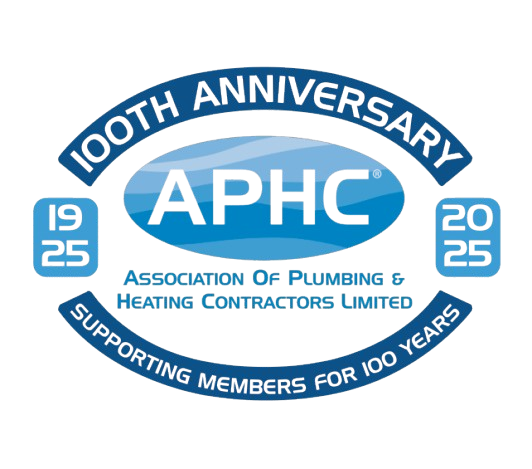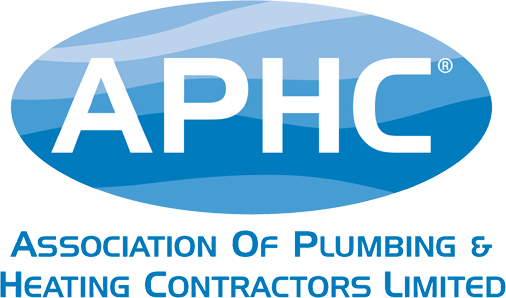Domestic drain misconnections, in which household wastewater ends up in the surface drainage system rather than the sewers, are a huge water problem. In fact, a UK Water Industry report published in 2013 suggests around 140,000 properties – and in some areas up to one in five properties – are misconnected. The nationwide total could be more than 500,000.
Why do they happen?
Whether the result of ignorance, carelessness or sloppy workmanship, hundreds of thousands of household appliances are incorrectly connected into drains and channels that are intended to receive clean rainwater. Misconnections most commonly happen when work is carried out to extend or modernise a property, or when a new washing machine or dishwasher is plumbed into the household system.
If the new plumbing wrongly drains to a surface-water sewer then the drainage will pollute local rivers, which is not only bad for the environment but also a legal issue. Equally, if clean-water drains are not connected properly, they could overflow and cause flooding.
Drainage systems and alterations in most cases come under Building Control and ought to have been inspected at the time. However, building extensions below 3m (4m on detached properties) are not subject to inspection so cross connections can be more commonly found.
In some areas, drinking water is taken from rivers and streams, so if a cross connection is discharging drainage into this water source then it becomes a very serious public health hazard.
The basic rules are: trace the steps that have been taken by the previous installer. Waste pipes must go to foul drains and not rainwater pipes or guttering.
We cannot ignore that each year many hundreds of people are affected by poorly designed, installed and maintained plumbing systems. At APHC, we encourage consumers to make the right choices when it comes to employing the services of a quality plumbing business.
Watersafe accreditation
Using a Watersafe accredited plumber can reassure customers that you, the plumber, are proficient with Water Regulations Advisory Scheme (WRAS) water requirements and the risk of misconnections.
In fact, WaterSafe can be free for suitably qualified plumbers who are members of an Approved Contractor Scheme. This means that APHC members who hold a recognised water fittings regulations certificate can join WaterSafe at no cost.
Stay up to speed with training
At APHC, we recognise that in the current climate, more needs to be done to make all plumbing systems safe and sustainable. This is why we design our training courses, such as the Sanitary and Above Ground Drainage Course, to help applicants stay one step ahead of the curve.
For further information on our training courses, or how you can become Watersafe accredited, please get in touch with us on 0121 711 5030 or email training@aphc.co.uk.




